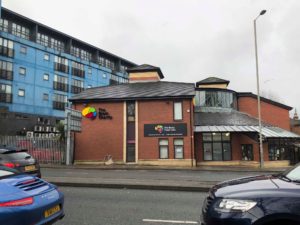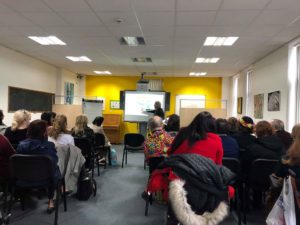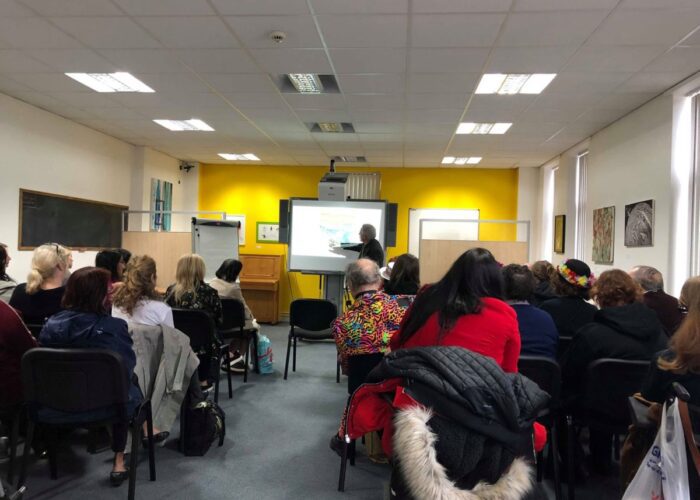
Highlighting the challenges faced by people with neurological conditions was the aim as Liverpool’s Brain Charity held an event to raise awareness and funds.
Staged as part of, National Brain Awareness Week, their ‘Head Matters Tea Party’ proved to be a success with a great turnout of people throughout the day.
The charity offers practical, emotional and social support to those living with a neurological condition, which can be anything from a stroke, an acquired brain injury, or Multiple Sclerosis, and their families and friends. For 25 years, they have been providing a range of services including counselling, adult learning courses, legal matters and more.
The event opened with a welcome by the Lord Lieutenant of Liverpool, and a performance given by The Brain Charity Choir with a selection of songs including a moving rendition ‘True Colours’ with accompanying sign language.
Twitter: Abigail Lawrence
The Brain Charity choir have kicked off the #HeadMatters event this morning with a lovely performance at @TheBrainCharity in Liverpool. @JMUJournalism pic.twitter.com/h0Zr2FZx7s
— Abigail Lawrence (@AbigailGeorgia3) March 13, 2019
Following this was a talk from guest speaker, Professor of Clinical Neuropsychology Gus Baker. He delivered an insightful lecture on the brain and its love of art, and provided insight into why we think and feel certain ways towards different pieces of artwork.
Janet Ireland, Information and Advice Officer at The Brain Charity, told JMU Journalism: “We want to raise awareness and understanding about the brain, how it works, and what it is like to live with a long-term neurological condition. This event enables people to get to know about us, and allows people to get to know about neurological conditions and the support we can offer people in a fun and different way.

“Anyone can suffer from a neurological condition at any point in their lives. It could be a member of someone’s family, a loved one, a neighbour, and so you can increase your understanding and awareness because neurological conditions are hidden disabilities.
“If you have a broken leg, it is clear for everyone to see, with a neurological condition people often cannot see the damage and cannot see the traumas that somebody suffering from a brain injury is experiencing.
“So, people just expect them to be getting on with everyday life, and will say to them that they appear to be fine on the outside, when in reality there are many long-term effects that they are living with.”

